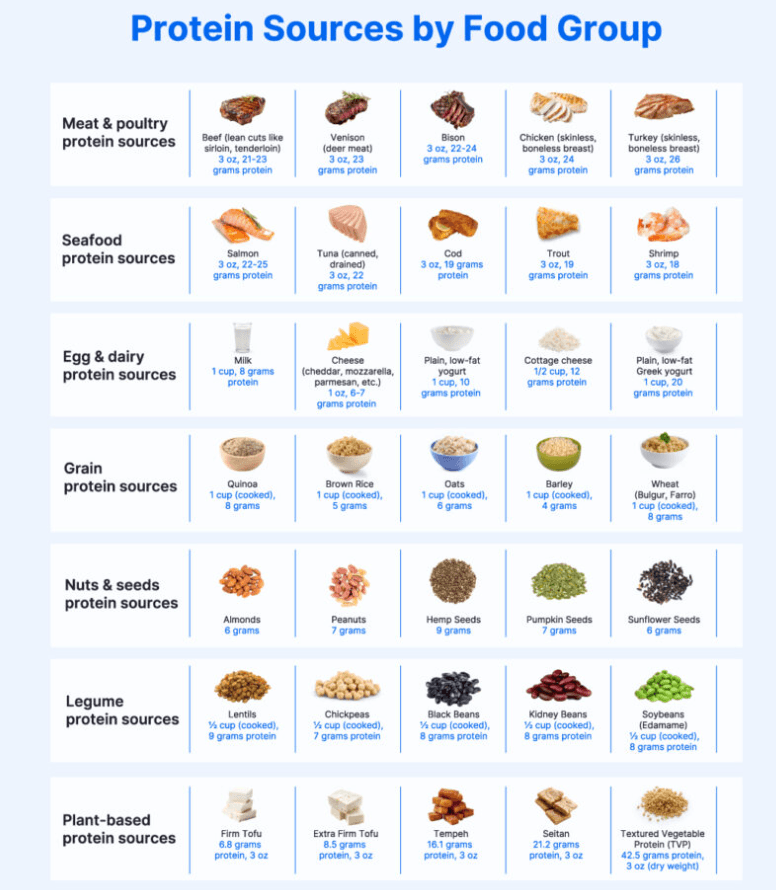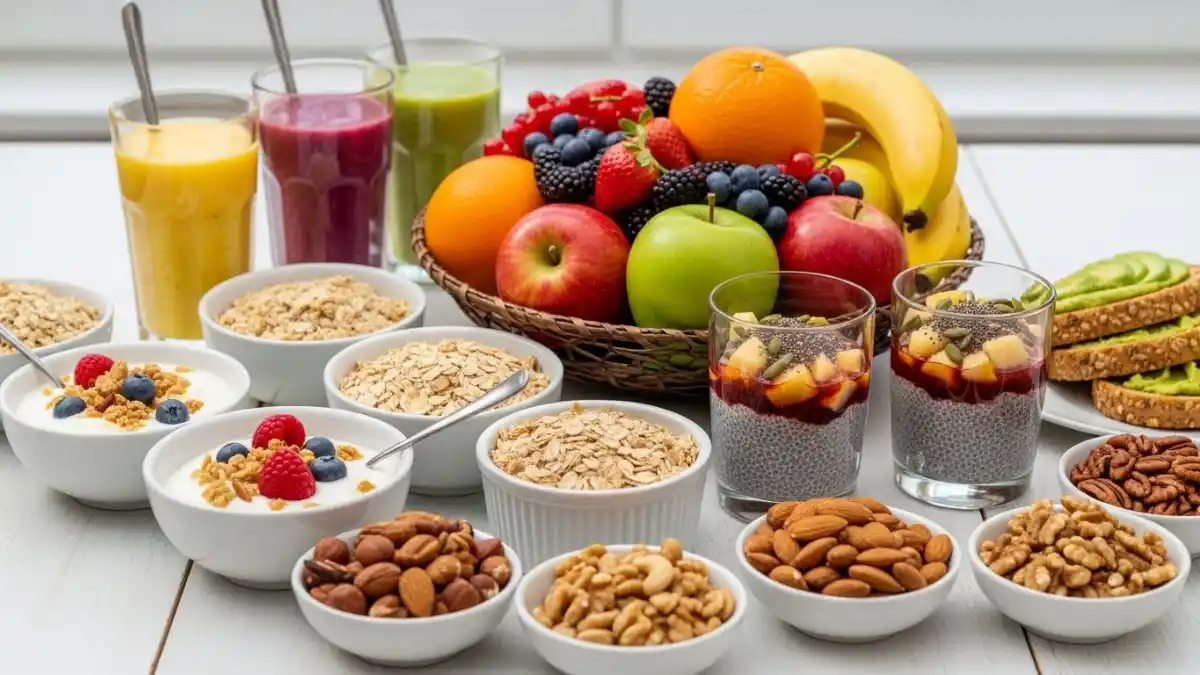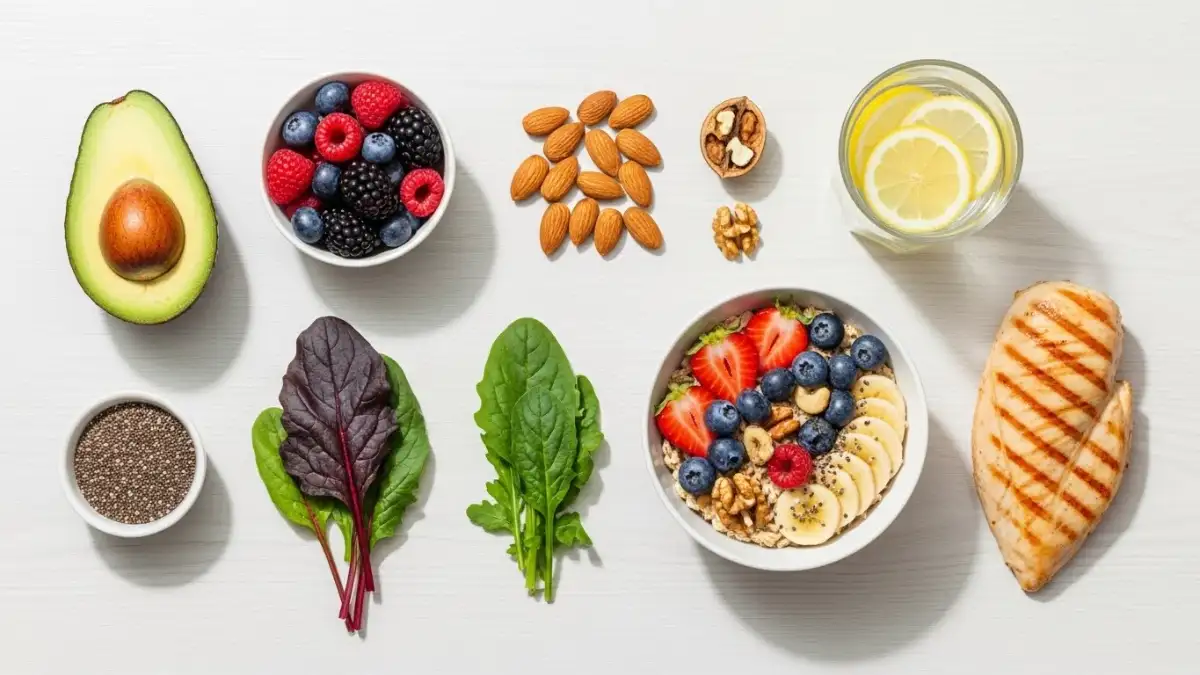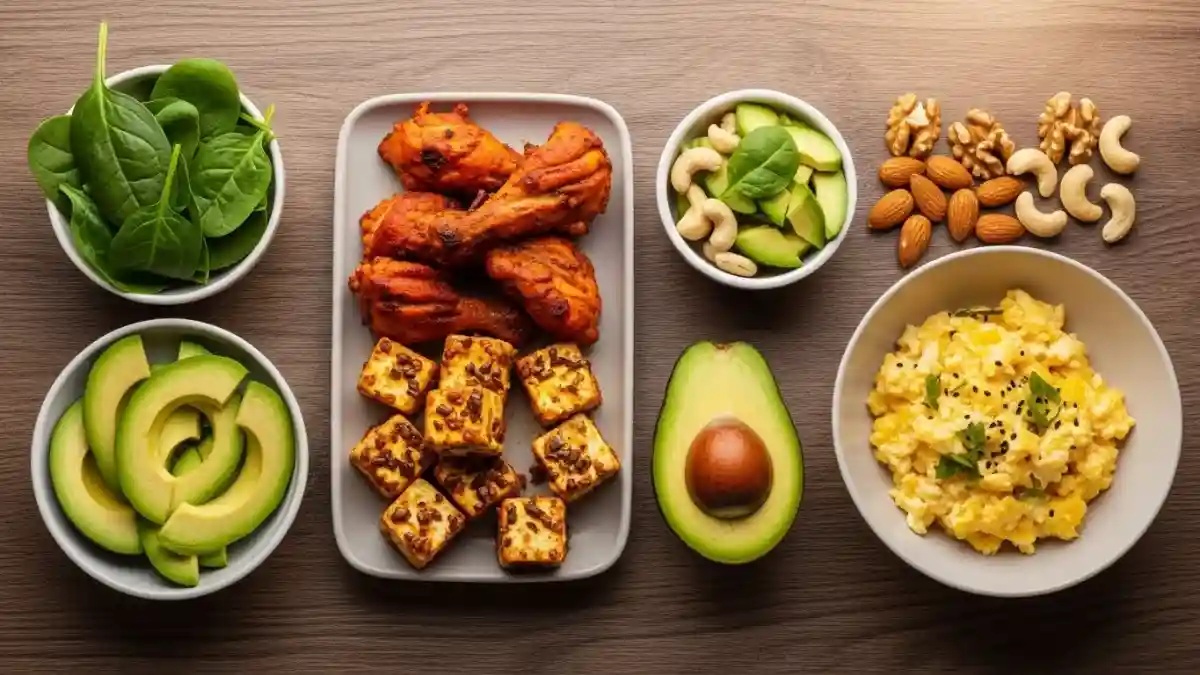Whether weight loss is your goal or not, chances are you’ve considered the role of protein in your diet and wondered if protein supplements could help you achieve your objectives.
It’s understandable—life is busy, and protein supplements are a quick, convenient option ready to fuel you whenever you need them. But are they truly essential? In this article, we’ll break it down for you.
What is Protein?
Protein is one of the three essential macronutrients your body needs to function properly, alongside carbohydrates and fats. It is made up of smaller building blocks called amino acids, which play a crucial role in building, repairing, and maintaining tissues, including muscles, skin, hair, and organs.
Proteins are vital for numerous biological processes, such as producing enzymes and hormones, supporting the immune system, and transporting nutrients throughout the body. While some amino acids are produced by the body, others, known as essential amino acids, must be obtained through the foods you eat, making dietary protein an indispensable part of a balanced diet.
Common sources of protein include animal-based foods like meat, fish, eggs, and dairy, as well as plant-based options such as beans, lentils, tofu, nuts, and seeds. Protein supplements, like powders or bars, are often used to help meet daily protein requirements, especially for those with higher needs or limited access to protein-rich foods.(2)
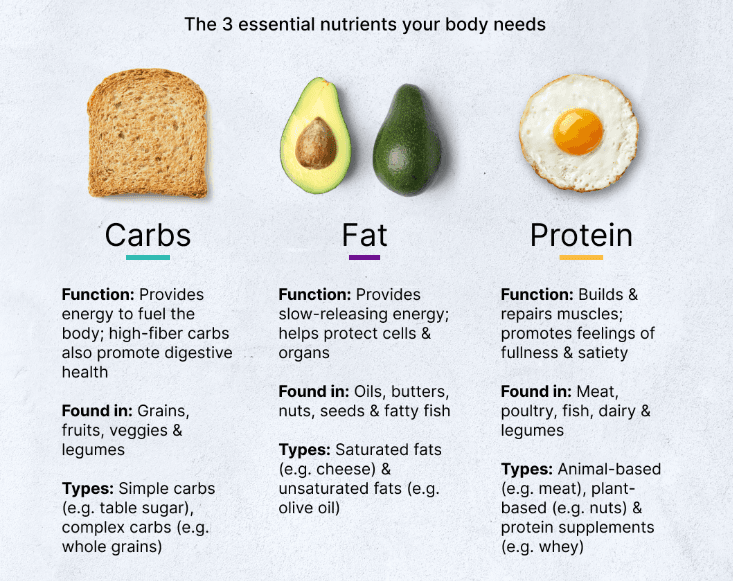
Natural Protein Sources: Can You Get Enough from Food?
While the protein trend is strong, most Americans already meet their protein needs through a variety of foods. Many everyday foods naturally contain protein.
When you think of protein, traditional options like chicken, lean beef, and dairy might come to mind. However, it’s entirely possible to meet your protein needs with a predominantly plant-based diet.
Here’s a quick look at natural protein sources:
Animal-Based Proteins:
- Lean meats: chicken, pork, turkey, beef, lamb
- Dairy foods: cottage cheese, milk, yogurt, cheese
- Eggs
Plant-Based Proteins:
- Beans and lentils
- Nuts and seeds
- Whole grains
- Nutritional yeast
- Soy foods: tofu, tempeh, edamame
The great thing about including a variety of whole-food protein sources is that they also provide essential nutrients. Plant-based proteins are often high in dietary fiber, a nutrient many Americans lack, while animal-based proteins tend to offer more minerals like iron, choline, and zinc.
This doesn’t mean one type of protein is better than the other. Instead, aim to include a mix of protein sources in your diet to help balance your overall nutrient needs.
How Much Protein Do You Really Need?
Protein needs vary from person to person, depending on factors like age, gender, fitness level, and lifestyle. The Recommended Dietary Allowance (RDA) provides general guidelines to meet the basic needs of a healthy person and prevent muscle loss.
On average, adults need about 0.8 grams of protein per kilogram of body weight (roughly 0.36 grams per pound). However, this doesn’t account for exercise or specific fitness goals.
RDA for Protein by Gender & Age:
For Men:
- Ages 14–18: 52 g/day
- Ages 18+: 56 g/day
For Women:
- Ages 14–18: 46 g/day
- Ages 18+: 46 g/day
If you exercise regularly, your protein needs are higher—about 1.4 to 2 grams per kilogram of body weight (roughly 0.6–1 gram per pound). For example, someone weighing 150 pounds would need about 95 to 136 grams of protein per day if they work out.
Don’t worry if calculating these numbers feels tricky. Tools like the MyFitnessPal Macro Calculator can simplify the process. When you register, the app provides a personalized protein recommendation based on your age, sex, goals, and activity level.
Protein Supplements for Muscle Growth: Do They Help?
Protein supplements are widely used to support muscle growth, especially among athletes and fitness enthusiasts. But are they really necessary?
Protein supplements, like powders and bars, can be a convenient way to meet your daily protein needs, especially if you struggle to get enough protein from whole foods. For those aiming to build muscle, the key is to consume enough protein overall and time it around your workouts.
Research shows that consuming protein after exercise helps repair muscle tissue and promotes growth. Ideally, aim for 20–40 grams of protein within 30 minutes to 2 hours after your workout.
Whole foods like chicken, eggs, or Greek yogurt can provide this, but protein supplements are an excellent alternative when you’re short on time. However, they’re not magical—they work best as part of a balanced diet with a variety of nutrient-rich foods.
Protein Supplements for Weight Loss: Are They Effective?
Protein supplements are often marketed as a helpful tool for weight loss, but how effective are they?
Incorporating protein supplements into your diet can help with weight loss by increasing your protein intake, which promotes satiety and helps preserve muscle mass during calorie deficits. Protein-rich diets are known to reduce hunger and support fat loss while maintaining lean body mass.
For example, replacing a meal or snack with a protein shake can help control calorie intake while keeping you full. However, the key to successful weight loss is maintaining a calorie deficit, so supplements should complement, not replace, a balanced diet.
While protein supplements can be a useful part of a weight loss plan, they aren’t a magic solution. They work best when paired with a healthy, nutrient-dense diet and regular physical activity.
Final Thoughts: Do You Really Need Protein Supplements for Your Fitness Goals?
For most adults, meeting protein needs through a balanced diet is sufficient, making protein supplements unnecessary for the average person (2, 4). However, individual needs vary.
If you’re someone who works out regularly and has specific goals like muscle growth or weight loss, protein supplements can be a beneficial addition to your routine (8). They provide a convenient, quick source of protein post-workout, helping to support muscle repair and recovery.
Remember, protein supplements should supplement your diet, not replace whole food sources of protein. Not all protein supplements are the same, so it’s important to choose one that aligns with your health goals and is easy on your digestive system—after all, the last thing you want is to feel bloated during your workout!
By making informed choices, you can effectively incorporate protein supplements to support your fitness journey while maintaining a balanced, whole-food-based diet.




